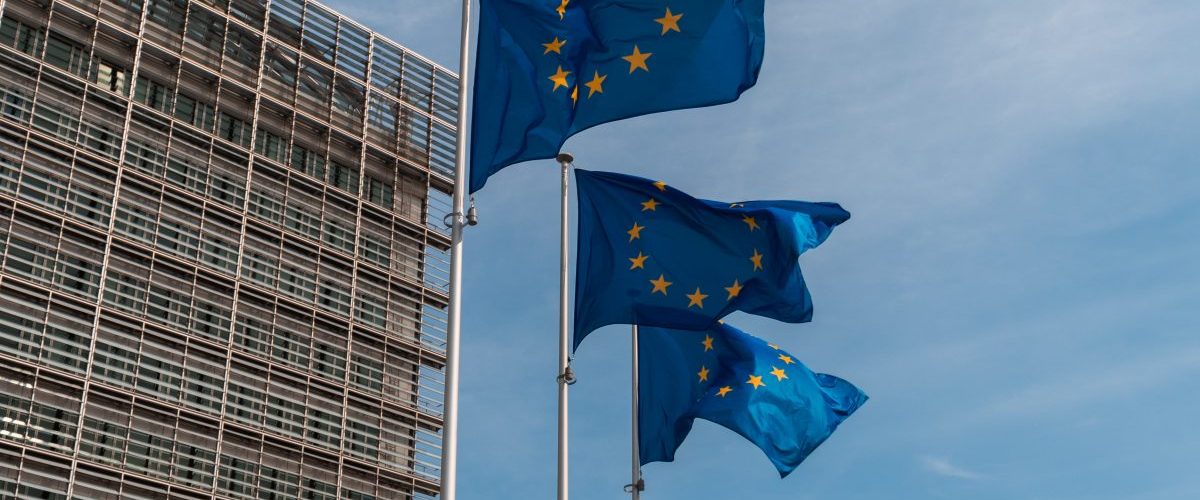- Multinational companies often have a central procurement function to negotiate with suppliers and streamline processes.
- However, there are concerns over whether EU VAT law allows for a compliant and tax-neutral central invoicing process.
- The key question is whether the central procurement can be broken down into two taxable supplies, from the supplier to the central procurement entity and from the procurement entity to the using entity.
- If the central procurement entity is not considered the recipient of the supply, then a central invoicing process cannot be organized.
- The CJEU case law suggests that a central procurement entity may not be able to dispose of goods as if it were the owner, making it doubtful whether the transaction between a supplier and a central procurement entity can be considered a taxable supply.
- However, the commission agent’s principle, which creates a legal fiction of two identical supplies provided consecutively, may be relevant in central procurement structures.
Source International Tax Review
See also
- ECJ C-695/20 (Fenix International) – Judgment – Art. 9a of the Implementing Regulation is valid
- ECJ C-235/18 (Vega International) – Judgment- Financing in advance purchase of fuel is an exempted financial service
- ECJ C-320/88
- ECJ C-185/01 (Auto Lease Holland) – A lessor of a vehicle did not make a supply of fuel to the lessee when the lessee fills up his car
- ECJ C-233/05 (V.O.F. Dressuurstal Jespers) – Work in a movable state – Concept of ‘manufactured goods’ – Horse subject to training and training
- ECJ C-274/15 (Commission v Luxembourg) – End of the VAT exemption regime for financial IGPs
- Conclusion of the EU Commission Services as regards the VAT treatment of the supplies of fuel cards
Latest Posts in "European Union"
- ECJ VAT C-544/24 (Nekilnojamojo turto valdymas) – AG Opinion – National law’s fixed late payment interest aligns with EU law
- ECJ C-639/24 (FLO VENEER) – Judgment – VAT exemption cannot be denied due to missing specific evidence defined by Quick Fixes
- Briefing Document & Podcast: VAT in the Digital Age (ViDA) – Single EU VAT Registration
- Briefing Document & Podcast: VAT in the Digital Age (ViDA) – Platform Economy
- VAT Committee – General Principle for Calculating Annual Turnover under the SME Scheme














